- Home
- slideshows
- miscellaneous
- The 34 greatest (and most recognizable) brand mascots of all time
The 34 greatest (and most recognizable) brand mascots of all time
2004 winner: Aflac Duck

2004 winner: Mr. Peanut
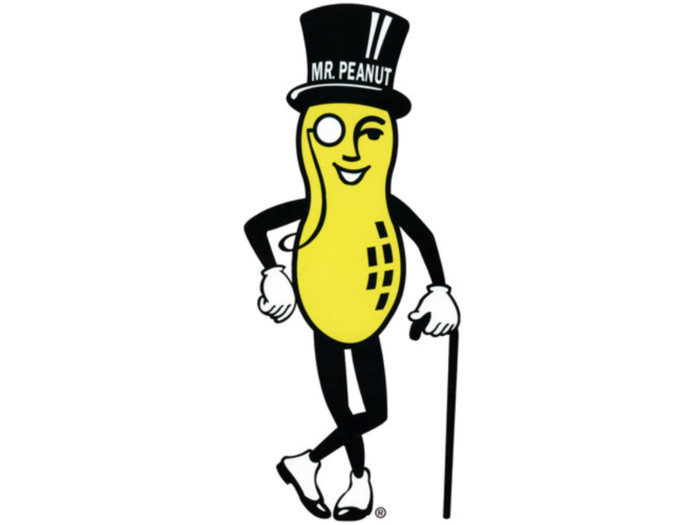
Brand: Planters
Year introduced: 1916
Mr. Peanut, the anthropomorphic legume, has been around for more than a century. His gentlemanly outfit hasn't changed since then: Top hat, cane, gloves, and, of course, spats. According to his official Twitter account, his full name is Bartholomew Richard Fitzgerald-Smythe.
2004 winner: Pillsbury Doughboy
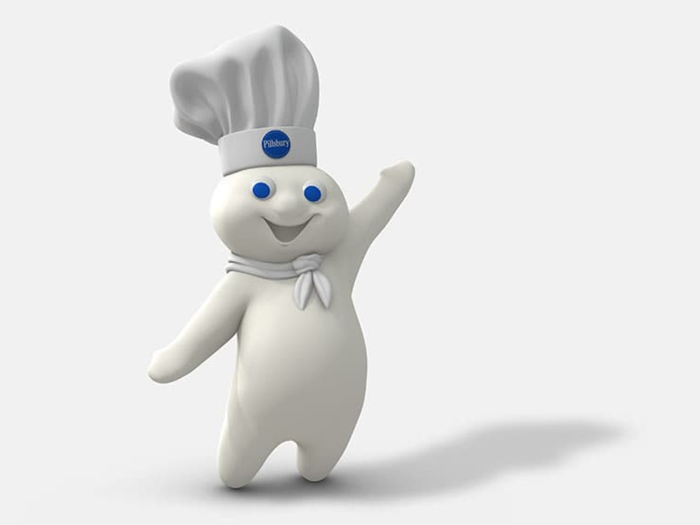
Brand: Pillsbury
Year introduced: 1965
The Pillsbury Doughboy was initially envisioned as a doughy "spokescritter" who would pop out of a can of Pillsbury dough. The Leo Burnett advertising agency, which was behind the concept, was originally going to make him a cartoon, before deciding on stop-motion animation.
2004 winner: Tony the Tiger
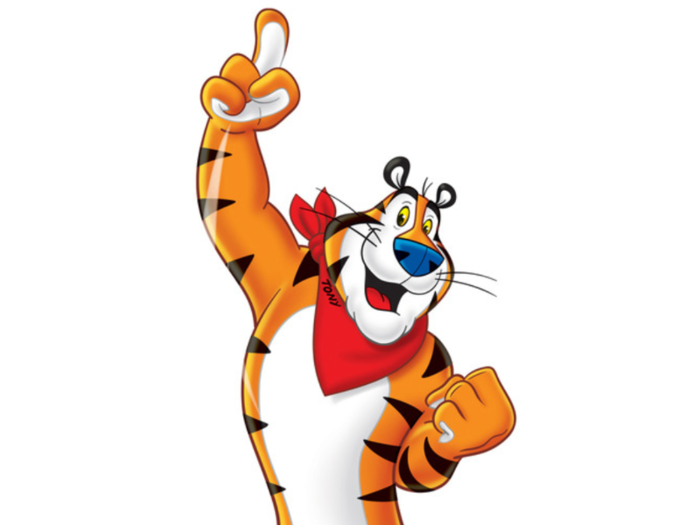
Brand: Kellogg's Frosted Flakes
Year introduced: 1952
Tony the Tiger, another Leo Burnett creation, looked more like an actual tiger back when he was introduced. Tony got a facelift decades later, however, making him upright, as opposed to walking on all fours. Early on, Tony even had a family: his son Tony Jr, his wife Mama Tony, and in the 1970s, a daughter, Antoinette.
2005 winner: Juan Valdez
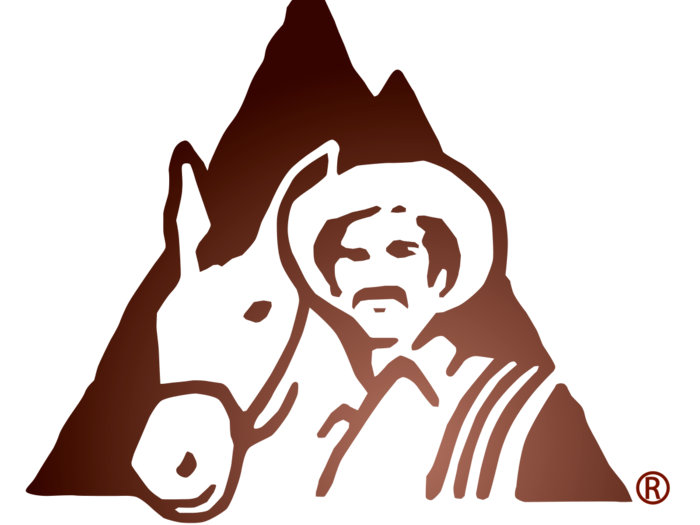
Brand: National Federation of Coffee Growers of Colombia
Year introduced: 1959
Juan Valdez, the Colombian coffee farmer, has become something of a symbol of Colombian culture internationally. He's appeared on the federation's coffee packaging since 2002, and he was named the fifth most recognized icon in the world by Advertising Week, along with his mule, Conchita.
2005 winner: GEICO Gecko
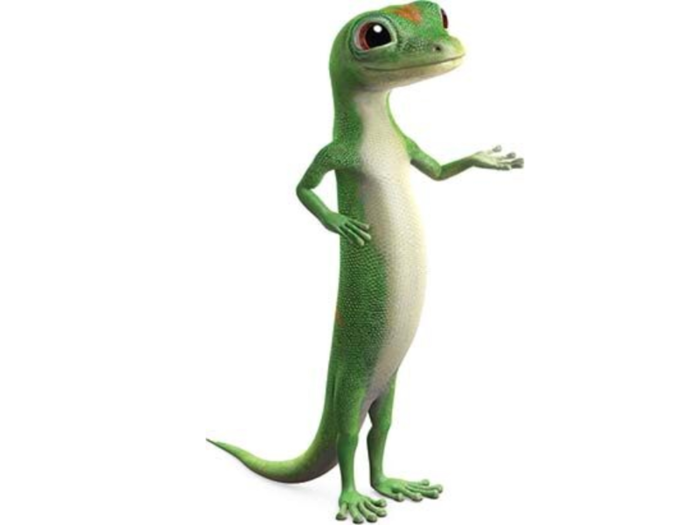
Brand: GEICO
Year introduced: 1999
Perhaps the world's most famous gecko, this mascot originated from the similarity between the words "GEICO" and "gecko."
2006 winner: Colonel Sanders
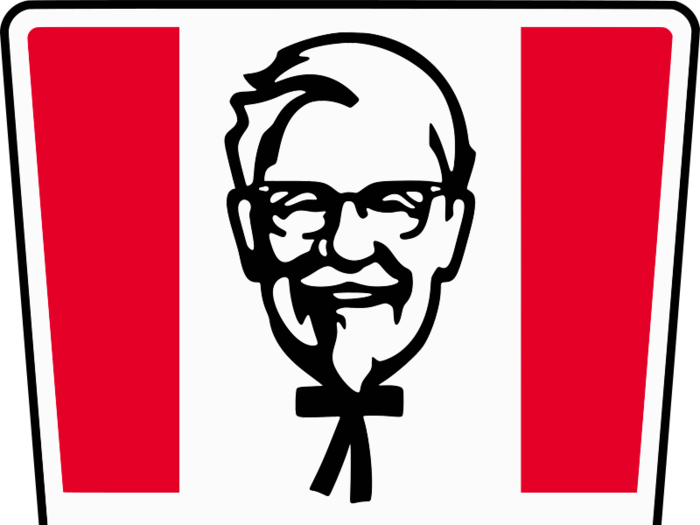
Brand: KFC
Year introduced: 1952
Like a handful of mascots out there, Colonel Sanders was real. Harland David Sanders founded Kentucky Fried Chicken in 1930 in North Corbin, Kentucky. The "colonel" title is honorary, not military. A "Kentucky colonel" is the highest honor the state can bestow.
2006 winner: The Kool-Aid Man
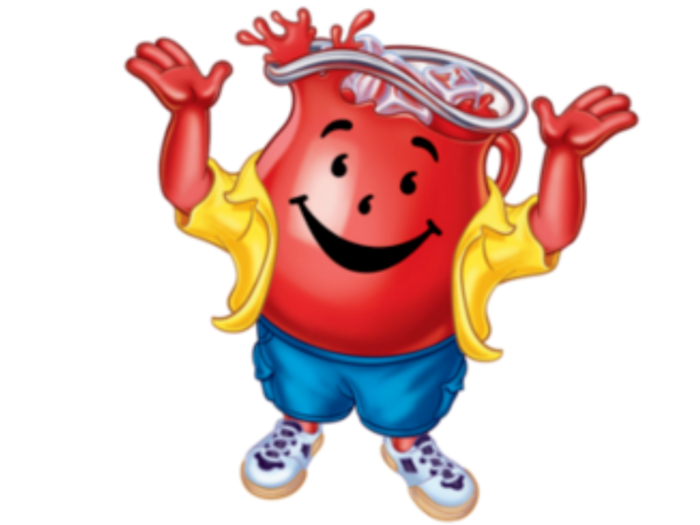
Brand: Kool-Aid (Kraft Foods)
Year introduced: 1954
The Kool-Aid Man, originally known as Pitcher Man, was known for bursting through walls to say, "Oh yeah!"
In 1975, the powdered drink brand debuted TV ads for the mascot, changing his name in the process. Kool-Aid has been closely associated with him ever since.
2007 winner: Orville Redenbacher
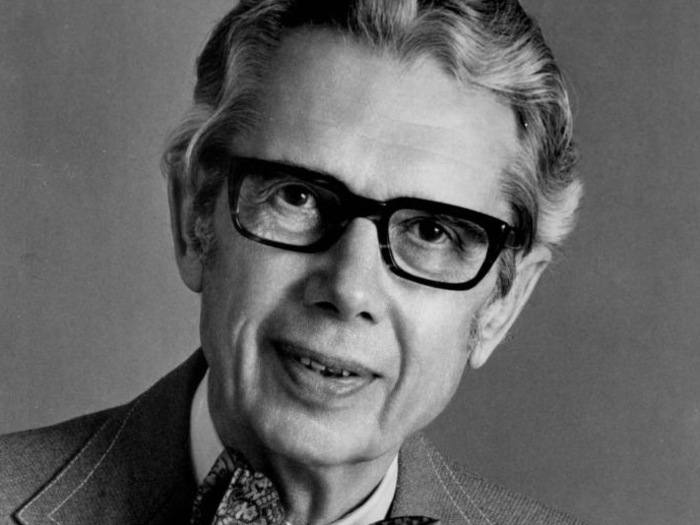
Brand: Orville Redenbacher
Year introduced: 1976
Like Colonel Sanders, Orville Redenbacher was real. Not only did he make at-home popcorn popular (most people only ate it in movie theaters), he changed the genetics of it as well. Unlike regular popcorn, which the Iroquois had been making for generations, Redenbacher's variety popped much larger, giving it a fluffier texture.
According to the New York Times, Redenbacher was "the agricultural visionary who all but single-handedly revolutionized the American popcorn industry."
2007 winner: Chick-fil-A Cows
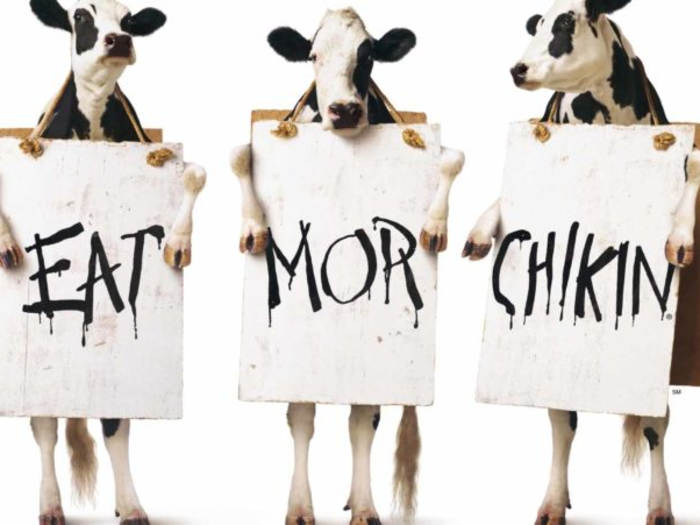
Brand: Chick-fil-A
Year introduced: 1995
The Chick-fil-A cows first debuted on an Atlanta billboard nearly 25 years ago, and their attempts to throw chickens under the bus have been successful ever since. According to Chick-fil-A, the cows are running a "self-preservation campaign."
2008 winner: The Serta Counting Sheep
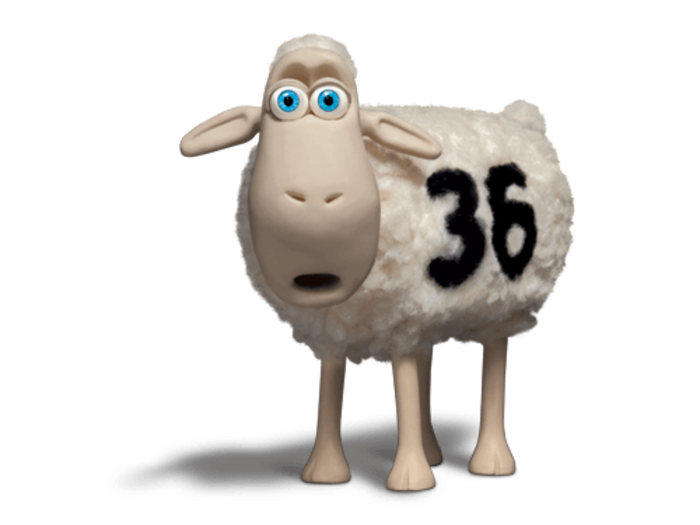
Brand: Serta
Year introduced: 2001
The proverbial counting sheep existed long before Serta did, but the mattress company made them their own. Each one even has its own personality, according to the Serta site.
2008 winner: GEICO Cavemen
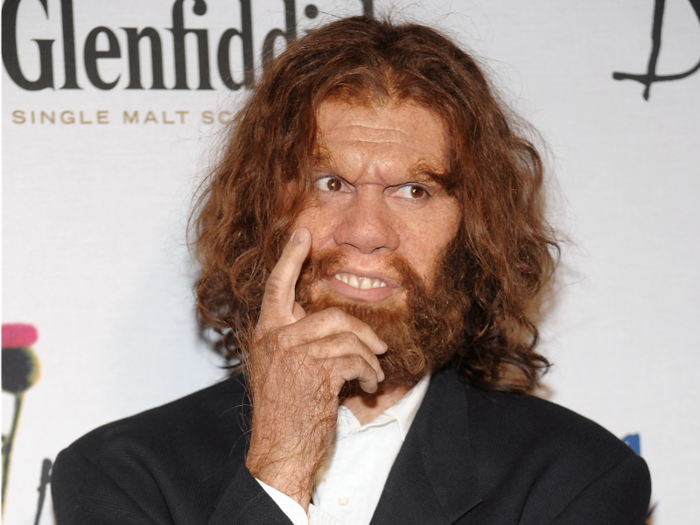
Brand: GEICO
Year introduced: 2004
Three years after the GEICO Gecko made it to the Walk of Fame, GEICO's caveman followed suit. The tagline, "So easy, a caveman can do it," infuriated the mascot (played by John Lehr) in several TV ads in the mid-2000s, claiming the line was derogatory, when in fact the caveman enjoyed sophisticated activities, like racquetball.
2009 winner: AOL Running Man
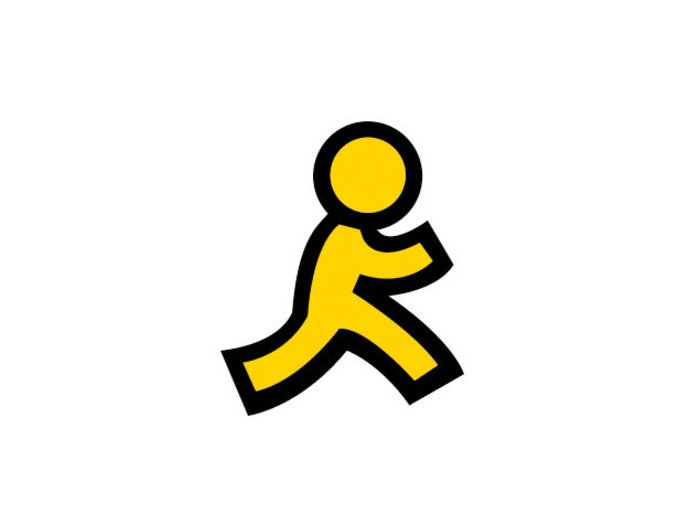
Brand: AOL
Year introduced: 1997
The little yellow man who appeared anytime you opened your AIM account, or while you were waiting for your dial-up to connect, was ubiquitous in the late 1990s and early 2000s. But by 2011, after AOL's popularity had been replaced with the likes of Facebook, Twitter, and Instagram, the Running Man was quietly phased out.
2009 winner: Budweiser Clydesdales
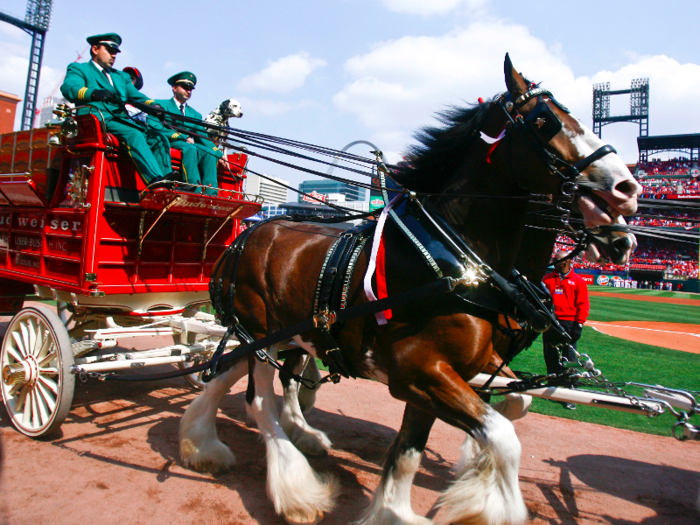
Brand: Budweiser/Anheuser-Busch
Year introduced: 1933
These horses, originating in Clydesdale, Scotland, play an important role in Budweiser's history. In 1933, to celebrate the repeal of Prohibition, August A. Busch Jr. and Adolphus Busch gifted the horses to their father, August Sr., who was the CEO of the company at the time.
2010 winner: Michelin Man
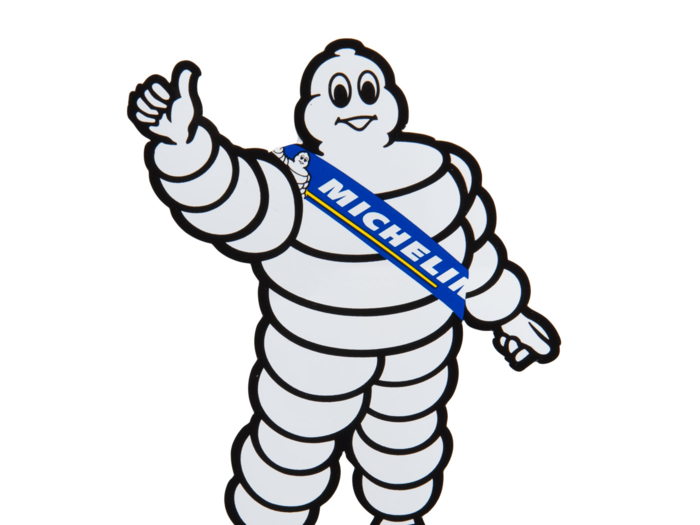
Brand: Michelin
Year introduced: 1898
The Michelin Man is regarded as one of the first true brand mascots. Created by tire company Michelin, the mascot is actually a walking pile of tires. Back in the early days of automobiles, tires were white, which explains his color.
2010 winner: Vlasic Stork
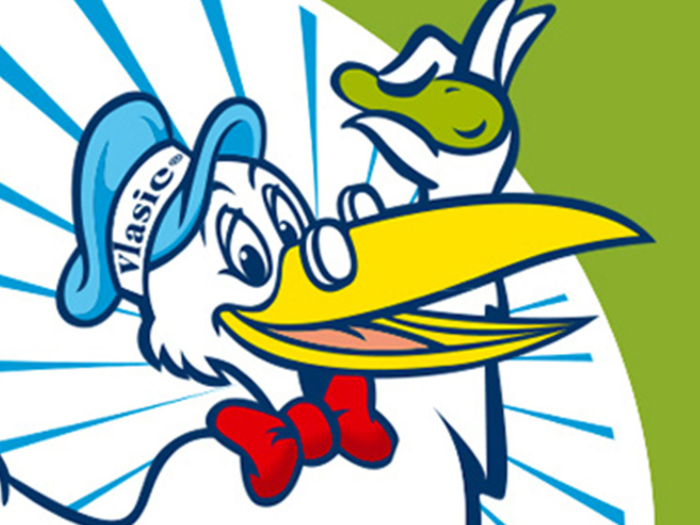
Brand: Vlasic Pickles
Year introduced: 1974
A stork may seem like an odd choice as a mascot for a pickle company, but according to the Vlasic site, storks deliver babies, so why not deliver pickles as well?
2011 winner: Mayhem
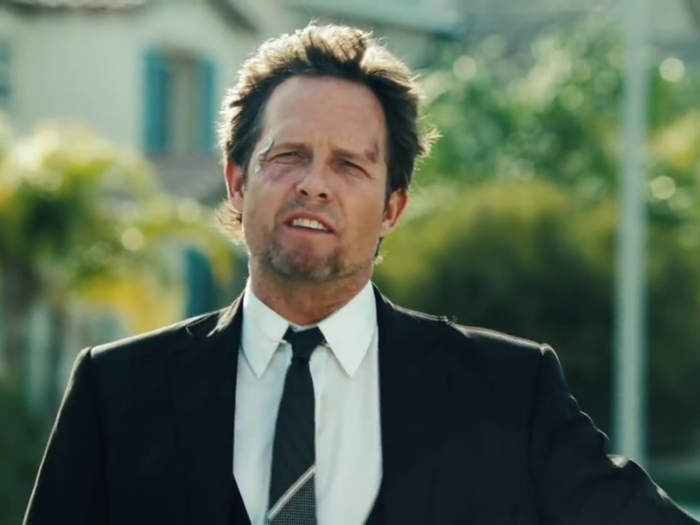
Brand: Allstate Insurance
Year introduced: 2010
Mayhem, played by Dean Winters, is the embodiment of all that can go wrong without a good insurance company.
The ne'er-do-well mascot was originally inspired by a character called Mr. White in Quentin Tarantino's 1992 film "Reservoir Dogs." Mr. White, played by Harvey Keitel, causes trouble while wearing a black suit. Mayhem does the same.
2011 winner: Polar Bears
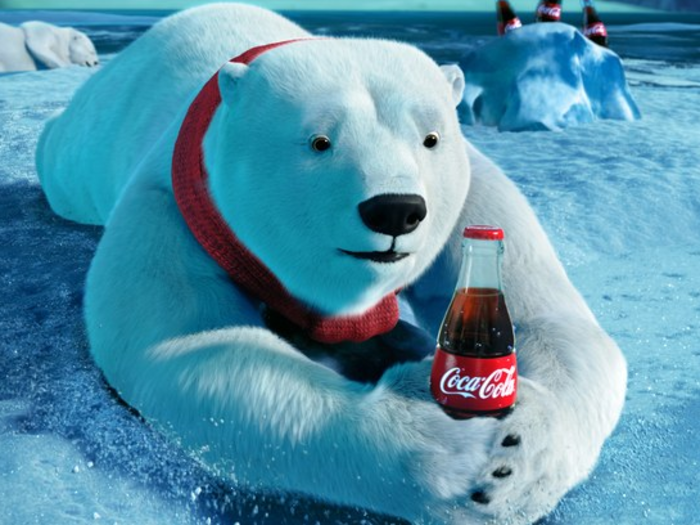
Brand: Coca-Cola
Year introduced: 1993
Coca-Cola's most famous mascot may be Santa Claus himself, but the polar bears offer a more inclusive alternative for the holidays. The idea for the bears came to Coca-Cola employee Ken, whose dog served as the inspiration for the mascots. According to Stewart, the Labrador always resembled a polar bear to him.
2012 winner: Flo
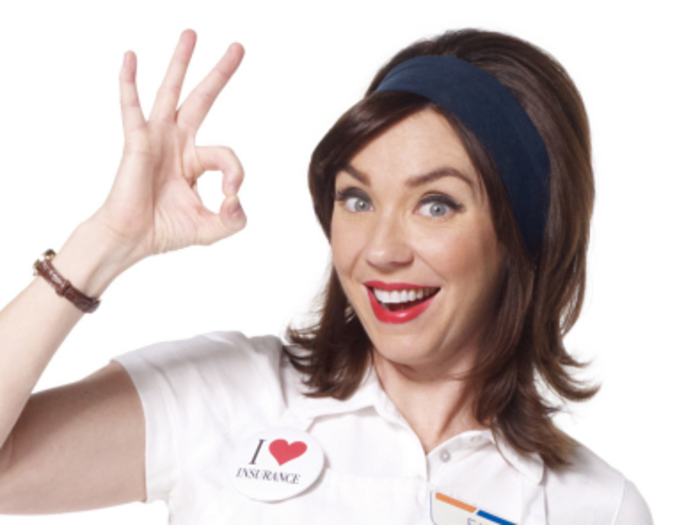
Brand: Progressive
Year introduced: 2008
Insurance company Progressive didn't plan for Flo, the imaginary insurance salesperson, to be such a big hit. But after Stephanie Courtney, who portrayed Flo, expanded her role in her first TV spot in 2007 with ad-libbed lines, Progressive knew they needed to make more ads.
2012 winner: Maxwell the Pig
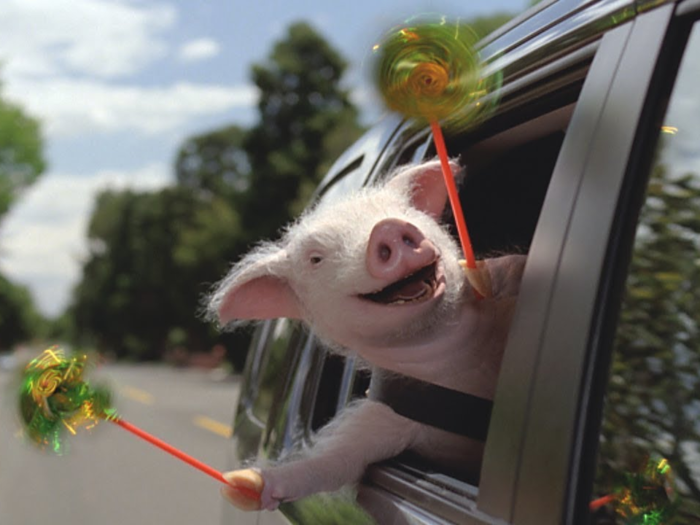
Brand: GEICO
Year introduced: 2010
Maxwell, the third GEICO mascot to make it onto the Walk of Fame, originated from a nursery rhyme. In his very first ad, he was a little piggy who cried "wee, wee, wee" all the way home. Viewers liked Maxwell so much, GEICO brought him back for a full campaign.
2013 winner: Ticket Oak
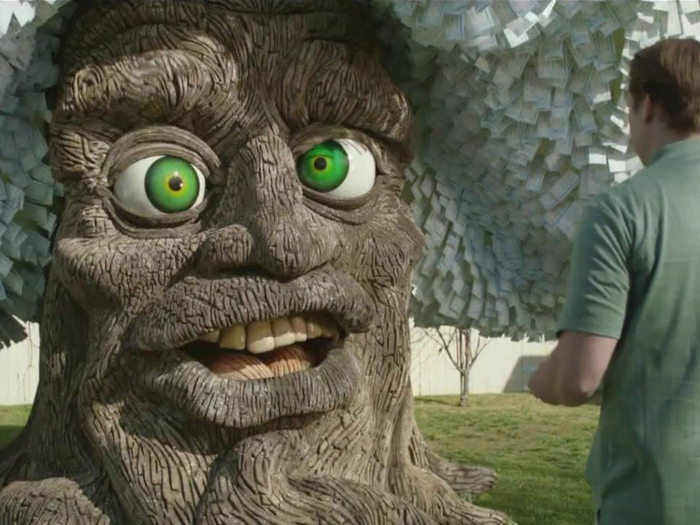
Brand: Stub Hub
Year introduced: 2012
StubHub, the ticket resale company, introduced the Ticket Oak as a magical tree that gave away great concert tickets. Despite the weirdness of the mascot, or perhaps because of it, consumer perception of StubHub soared after the spots aired.
2013 winner: The Most Interesting Man in the World
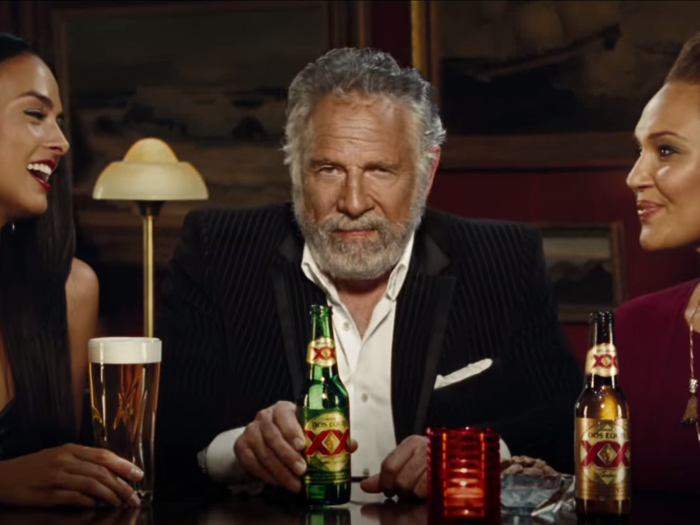
Brand: Dos Equis
Year introduced: 2006
At the end of every Dos Equis beer commercial, the Most Interesting Man in the World says, "Stay thirsty, my friends."
With those words, The Most Interesting Man in the World became an icon. He caught marlin, drank beer with beautiful women, and gave his own father "the talk" in an ad campaign that ran from 2006 to 2018.
And as it turns out, the man behind the myth, actor Jonathan Goldsmith, is every bit as interesting as his TV role.
2014 winner: Morton Salt Girl
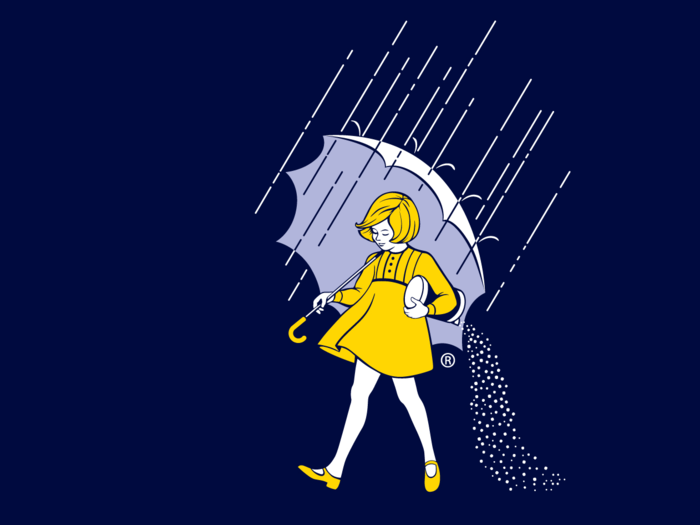
Brand: Morton Salt
Year introduced: 1914
As one of the oldest brand mascots, the Morton Salt Girl has gone through minor changes over the years, but still pours salt behind her as she walks in the rain. But why?
Over a century ago, Morton Salt wanted to show that their product flowed out of the box better than other brand's salt, even in damp weather. That's where they got their slogan from: "When It Rains It Pours."
2014 winner: Smokey Bear
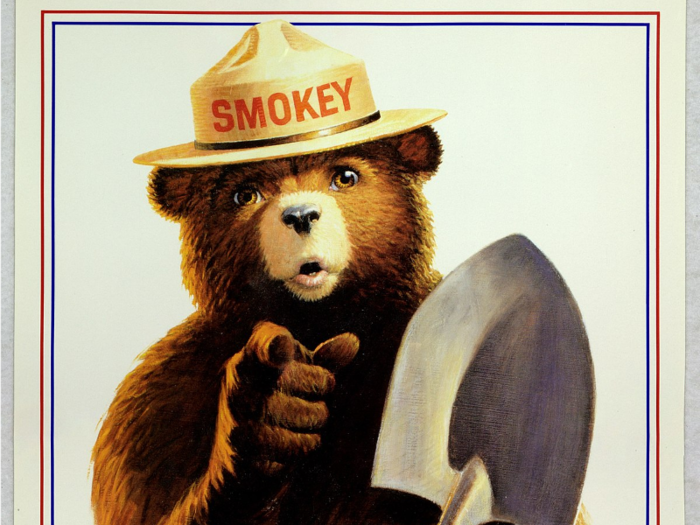
Brand: The United States Forest Service
Year introduced: 1944
Smokey the Bear, unlike most mascots, was inspired by a real bear who was rescued from a forest fire in the Capitan Mountains of New Mexico in 1950. Eventually, he took cartoon form, where the United States Forest Service used the slogan, "Only YOU Can Prevent Forest Fires."
2015 winner: Chester Cheetah
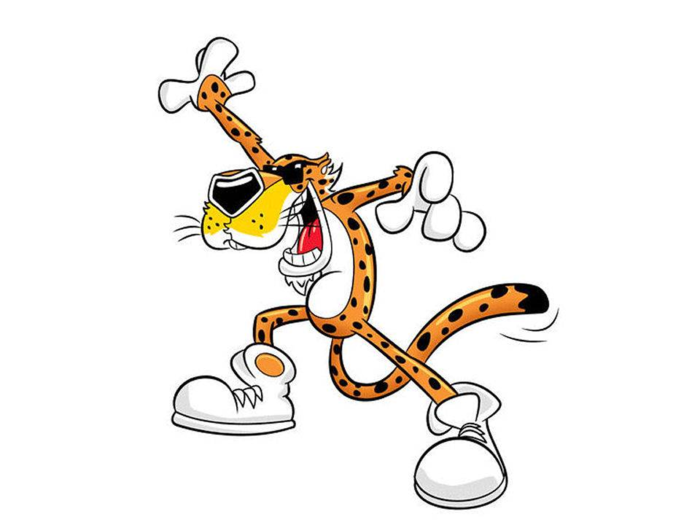
Brand: Cheetos (Frito-Lay)
Year introduced: 1986
Chester Cheetah wasn't always the mascot for this "dangerously cheesy" snack — Cheetos had the Cheetos Mouse in the 1970s and '80s, until Chester came along in 1986.
2015 winner: ICEE Bear
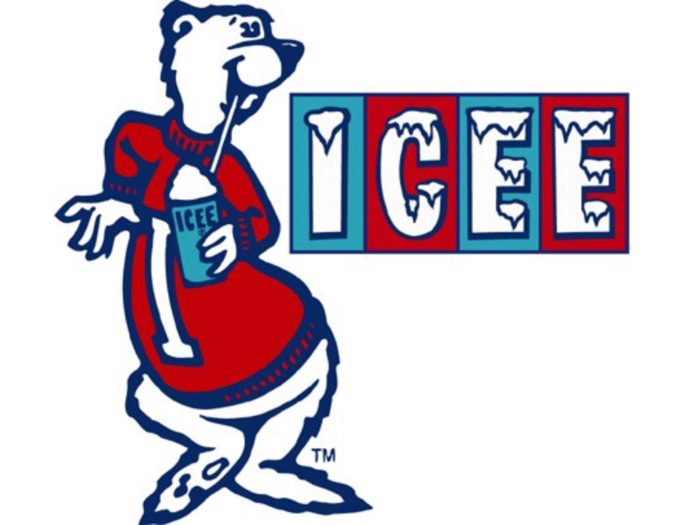
Brand: ICEE
Year introduced: 1963
The ICEE Bear, created to promote the slushy beverage, started out as a baby polar bear. Now, however, he's grown up into the sweater-wearing, ICEE drinking mascot we know.
2016 winner: Cleatus the FOX Sports Robot
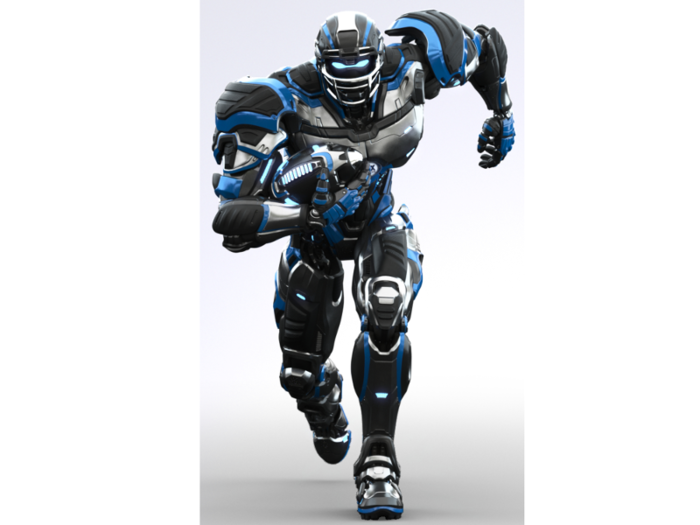
Brand: Fox NFL Sunday
Year introduced: 2005
Cleatus, the giant robotic future football player, appeared between commercial breaks during a Sunday football game back in 2005. At first, viewers were confused, but season after season, Cleatus remained.
Despite his high-tech appearance, Cleatus started out as a child's drawing, according to Fast Company. Marketing executive Gary Hartley decided to create a mascot for Fox Sports from his 7-year-old son's drawing.
2016 winner: Woodsy Owl
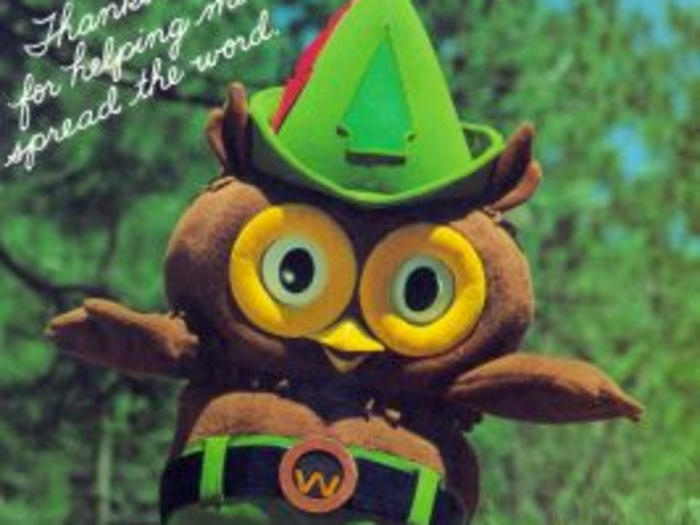
Brand: United States Forest Service
Year introduced: 1971
Much like Smokey the Bear, Woodsey Owl was the United States Forest Service's way of keeping children from littering in the great outdoors. His catchphrase was: "Give a hoot! Don't pollute."
2017 winner: The Energizer Bunny
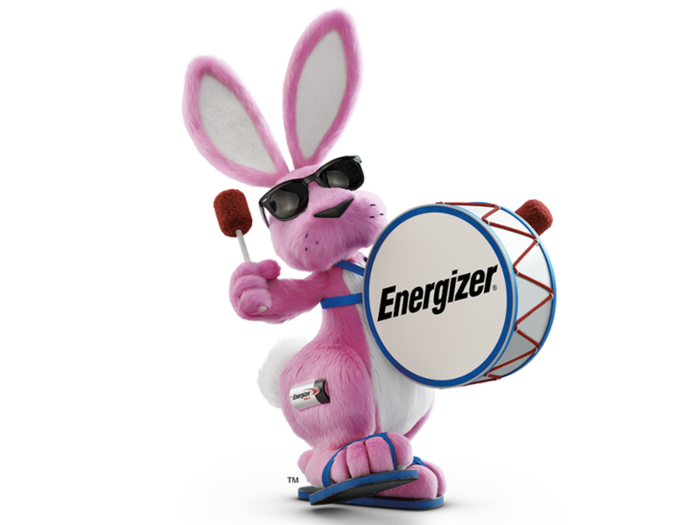
Brand: Energizer
Year introduced: 1989
The Energizer bunny, with its boundless energy, first appeared in a TV spot three decades ago. He's remained the same in that time, with his signature sunglasses and flip flops, and as the Energizer site notes, he's the ultimate symbol of longevity.
2017 winner: Fudgie the Whale
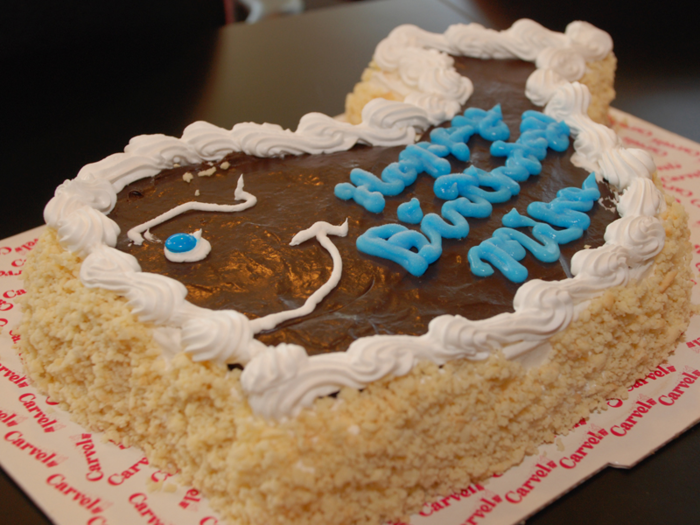
Brand: Carvel
Year introduced: 1977
Ice cream cake maker Carvel brought out Fudgie the Whale as one of its cakes, but it proved to be more popular than the company expected. Carvel's founder, Tom Carvel, created other classic cakes, like Cookie Puss, but Fudgie became the all-time classic.
2018 winner: Miss Chiquita
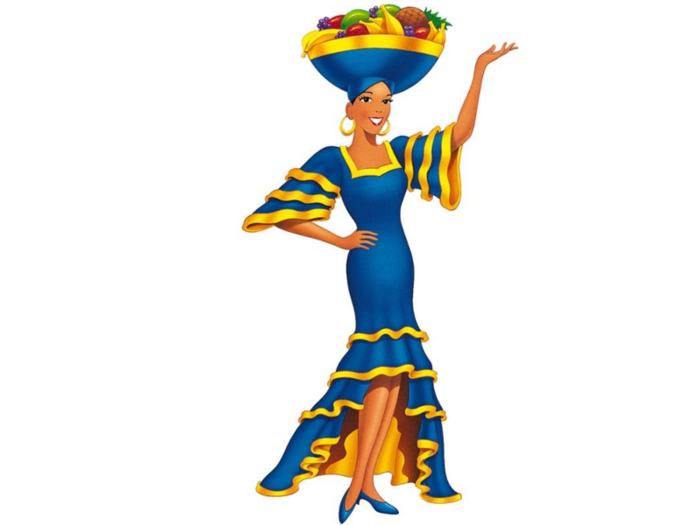
Brand: Chiquita
Year introduced: 1944
Miss Chiquita, the mascot for the Chiquita banana company, was once herself a banana. But in 1987, some 40 years after she was introduced, she was transformed into a human by cartoonist Oscar Grillo.
2018 winner: The Burger King
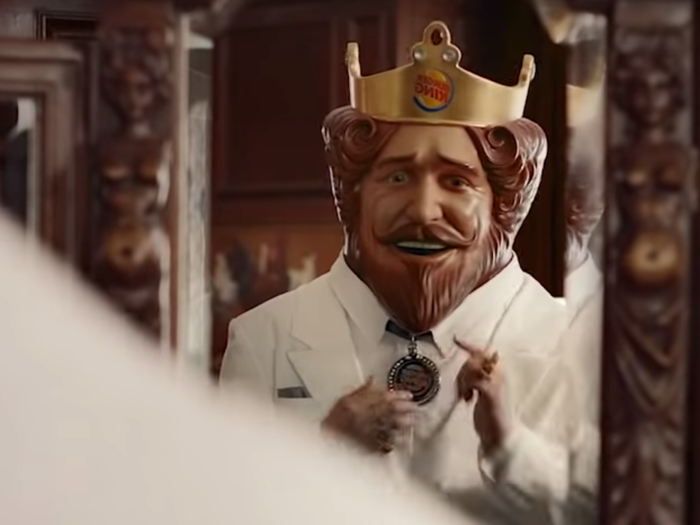
Brand: Burger King
Year introduced: 1955
The Burger King character has been a part of the fast food chain since its founding, but has gone through several iterations, from a smiling cartoon monarch to today's creepier mask-wearing king.
2019 winner: McGruff the Crime Dog
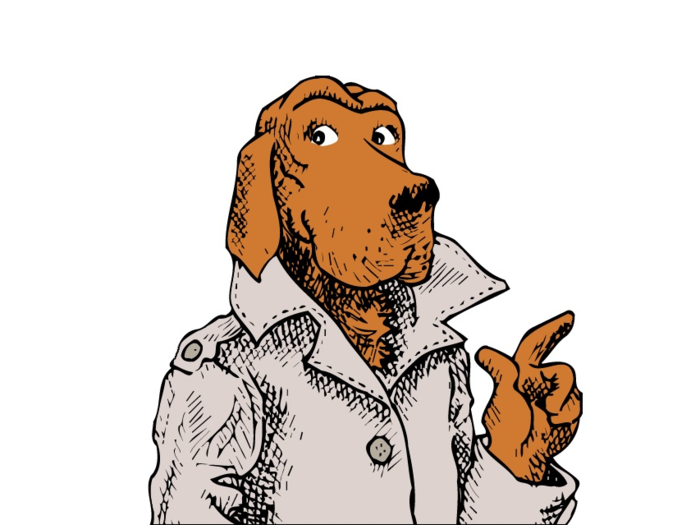
Brand: National Crime Prevention Council
Year introduced: 1980
McGruff the Crime Dog, the trench-coat-wearing hound, was commissioned by the Ad Council in 1978. McGruff was initially inspired by the phrase "Take A Bite Out Of Crime," which became his slogan.
2019 winner: Oscar Mayer Wienermobile
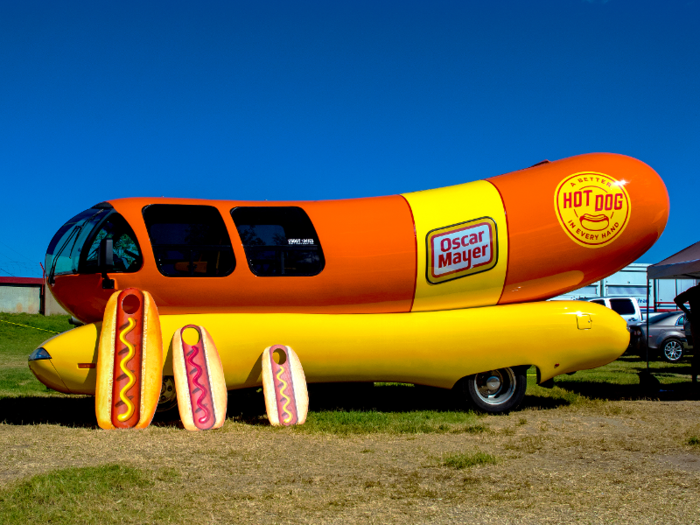
Brand: Oscar Mayer
Year introduced: 1936
Although the Oscar Mayer Wienermobile is more of a vehicle than an actual mascot, it was a 2019 Walk of Fame winner and is considered one of America's most beloved brand icons. It's so popular, in fact, that Oscar Mayer is letting people stay overnight in the Wienermobile using Airbnb.
Popular Right Now
Popular Keywords
Advertisement